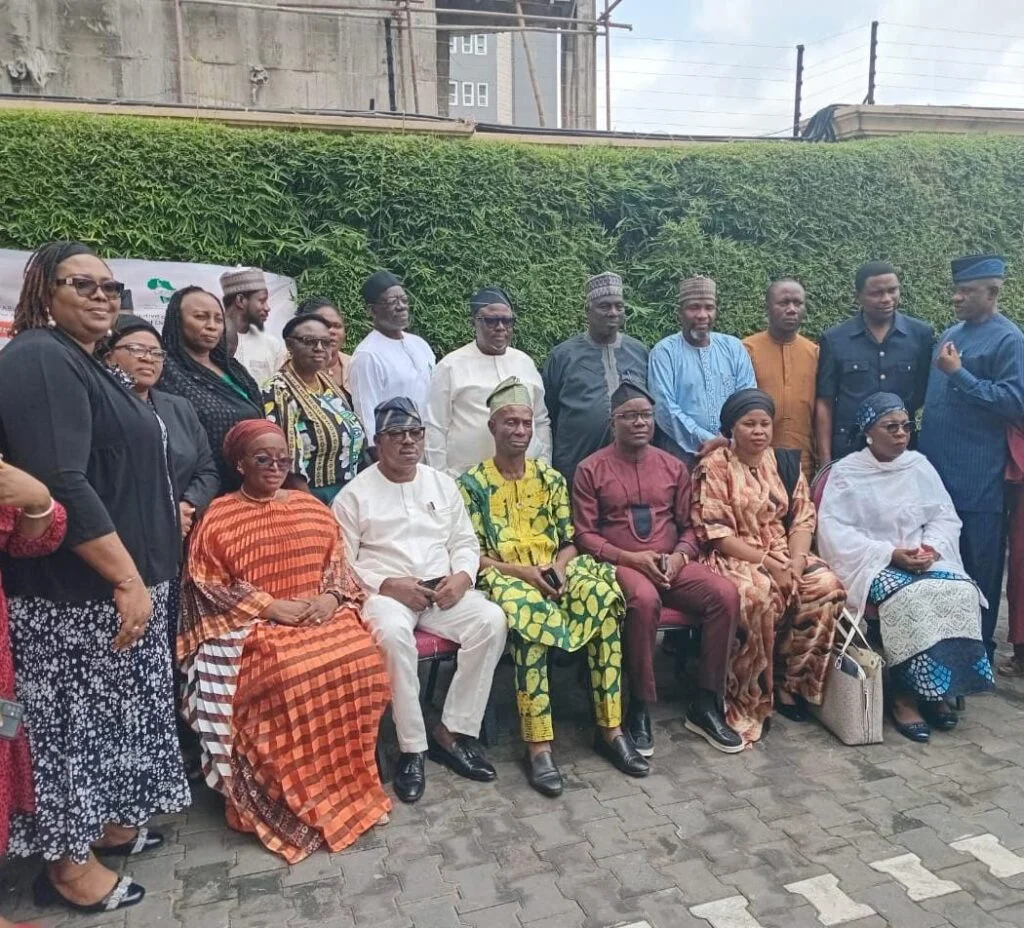The Federal Government has assured Nigerians that the introduction of Genetically Modified Organisms (GMOs) in the country is aimed at strengthening food security and improving nutrition, not endangering public health.
Dr Rose Gidado, Director of the Agricultural Biotechnology Department at the National Biotechnology Research and Development Agency (NBRDA), gave the clarification on Wednesday during a sensitisation workshop in Abuja.
The workshop, organised for directorate officers of the Federal Ministry of Health and Social Welfare, was supported by the Open Forum on Agricultural Biotechnology (OFAB), Nigerian Chapter, in collaboration with NBRDA.
Gidado dismissed claims that GMOs were poisonous, describing them as unfounded.
“We cannot give poison to our own people. Many of us, and the professors working in this field, are Nigerians, responsible scientists who are also consumers,” she said.
She explained that GMOs had a 30-year record of safe use across more than 45 countries, adding that Nigeria had put robust biosafety mechanisms in place to ensure consumer protection.
Dr Angarawai Ignatius of the International Crops Research Institute for the Semi-Arid Tropics (ICRISAT-NG) stressed that biotechnology strengthened weak traits in crops, enabling them to resist pests, diseases, and climate stress without health risks.
Prof. Abdullahi Mustapha, Director-General of NBRDA, represented by Dr Oyedele Julius, said Nigeria’s frameworks complied with international standards and had already produced insect-resistant and drought-tolerant maize varieties.
“Health, nutrition, and economic resilience are closely linked. Reduced crop losses mean a more stable food supply, lower prices, and fewer nutrition shocks,” he noted, adding that the technology aligned with President Bola Tinubu’s Renewed Hope Agenda.
Mrs Olubunmi Aribeana, Director of Food and Drug Services at the ministry, represented by Dr John Atanda, said all biotech products would undergo rigorous assessments for allergenicity, nutritional value, long-term health impacts, and environmental safety.
“Every GMO product will follow standard regulatory procedures such as labelling and traceability to reinforce consumer trust,” she added.
Prof. Emmanuel Kwon-Ndung of the Federal University, Lafia, said some opposition to GMOs stemmed from political and social concerns rather than scientific evidence.
The workshop was aimed at enhancing awareness of biotechnology and biosafety among ministry officials, fostering public confidence in Nigeria’s regulatory systems, and promoting evidence-based policies in health and agriculture.
(NAN)



